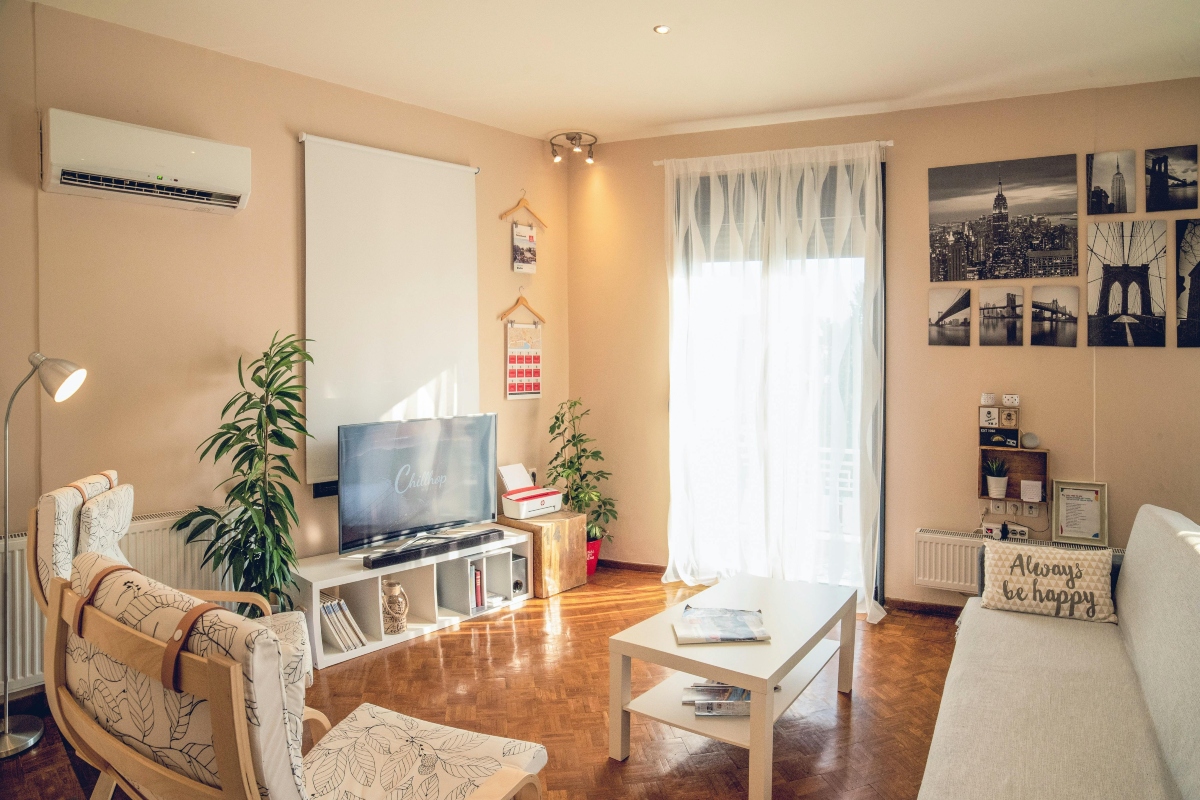In recent years, the vacation rental market has seen a new trend that’s leaving travelers stranded. Owners selling properties right from under guests has become a problem. As a result, guests frequently find themselves in a precarious position while planning what should be peaceful trips. This expanding issue underlines how fragile the vacation rental market is.
Imagine landing at your dream destination only to receive an email from Airbnb informing you that your vacation home has been sold and your reservation canceled. This scenario isn’t hypothetical for some unfortunate travelers. Travelers are finding their bookings voided at the last minute. Such cases leave them scrambling for accommodations and potentially facing higher costs to secure a new place to stay.
The Vacation Rental Problem
The problem stems from a mix of factors. These include the attractiveness of the short-term rental market as an investment and the desire of some property owners to cash in on their investments. Platforms like Airbnb and Vrbo have seen a surge in listings as homeowners look to sell their properties. In the end, guests are left in the lurch when these sales go through before their stay.
Speaking to The Seattle Times, Justin Gordon, from the rental price comparison site HiChee, notes the disruption this causes guests. As a traveler himself, he emphasizes the lack of statistics on how widespread the issue is but acknowledges its growing visibility.
“A few years ago, I rented a condo in Oahu, Hawaii, through Vrbo. A week before I checked in, I got an email saying my stay had been canceled because the property was sold”, Gordon told the newspaper.
The financial implications for sellers can be significant. Listing a home on platforms like Vrbo can entail cancellation fees, and repeat offenders risk losing visibility on the platform or even their Premier Host status. Airbnb imposes similar restrictions, expecting hosts to honor accepted reservations. Yet, the allure of a profitable sale often outweighs these considerations for sellers.
The Impact on Travelers
Travelers caught in this bind have rights that vary depending on how they booked the rental. Direct bookings through owners usually mean a contract outlines the right to a refund. However, finding alternative accommodations falls to the guest. Rentals booked through platforms come with the promise of a full refund or help finding a new rental, sometimes covering additional costs.
Property management companies might offer alternative properties. Still, policies should be clarified before booking. However, dealing with a canceled vacation rental due to a sale can be frustrating and confusing. Guests often have to negotiate with platforms for adequate compensation. Moreover, the solutions offered may only partially cover the inconvenience or additional expenses incurred.
Travelers can take proactive steps to mitigate the risk of having their vacation rental sold from under them. Engaging with the property owner about the sale status of the property, thoroughly reading reviews, and conducting research on the rental can provide early warning signs. Yet, the ultimate solution lies in disclosure; vacation rental owners should be upfront about the sale status of their properties, allowing guests to make informed decisions.





